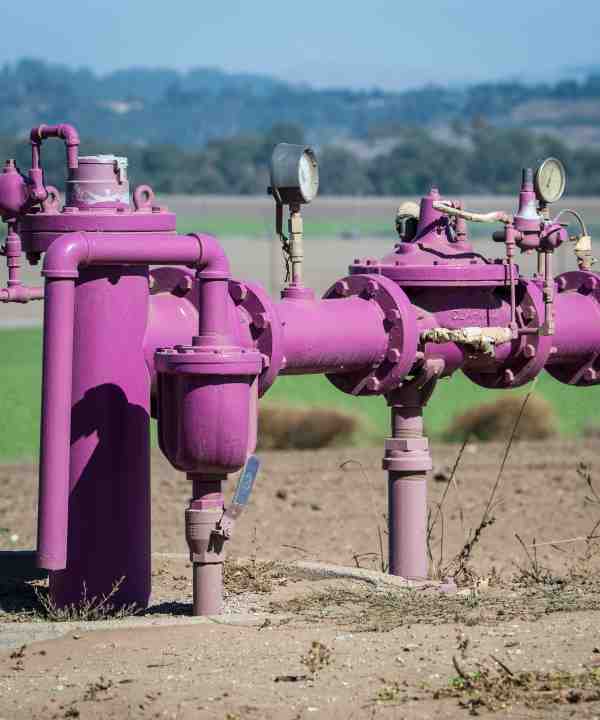November 30, 2016 | Water in the West | News
Historic legislation intended to reshape how California manages a valuable water source is currently being implemented. However, political and physical complexities – including groundwater basin boundaries that span multiple jurisdictions, complex subsurface geology, and limited information about the resource – present daunting challenges to the 2014 Sustainable Groundwater Management Act (SGMA).
A new report from Stanford’s Water in the West program provides a framework for developing groundwater models under SGMA.
“Groundwater models are an incredibly powerful tool for informing water management when developed appropriately,” said Tara Moran, Sustainable Groundwater Program Lead for Water in the West and author of the report. “They can provide critical information and insight into groundwater management in numerous ways. They can inform and educate stakeholders, improve an agency’s understanding of the groundwater system, identify data gaps, and enable water managers to explore management scenarios.”
Successfully developing groundwater models under SGMA depends on making their development accessible and transparent whenever possible, according to the analysis. The report recommends using consistent datasets provided by the state, open-source model codes, and expert reviewers to ensure model consistency and improve the state’s ability to evaluate models.
The report also stresses the need to develop models of the hydrogeologic system as a whole rather than for individual groundwater basins or subregions within them. Doing so will reduce conflicts over boundary issues, enable cost sharing between agencies and ensure consistency in model assumptions.
“Given the critical role that models will play in informing groundwater management decisions under SGMA, it is important that model development be coordinated between agencies,” said Moran.
The California Department of Water Resources has already used the report’s initial findings to inform the development of best management practices to support implementation of the historic groundwater law.
The report is the product from the first workshop in a four-part workshop series held at Stanford University. The workshop focused on groundwater model development under SGMA. It encouraged participants from federal, state and local agencies, non-government organizations, academia and the private sector to discuss the role of groundwater models in water management decision and data-related issues.
Projecting Forward: A Framework for Groundwater Model Development Under the Sustainable Groundwater Management Act, was developed with support from Stanford’s Water in the West program, the Martin Daniel Gould Center for Conflict Resolution at Stanford Law School and the Center for Collaborative Policy at California State University, Sacramento.


![[Woods Logo]](/sites/default/files/logos/footer-logo-woods.png)
![[Bill Lane Center Logo]](/sites/default/files/logos/footer-logo-billlane.png)